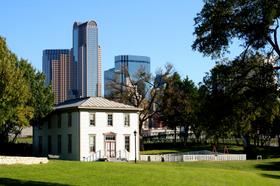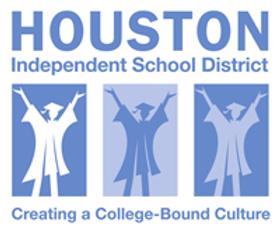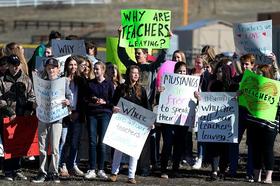Like other states, Colorado has seen more than its share of budget cuts that have impacted public services throughout the state. Unfortunately, many cuts have trickled down to Colorado’s public education system, which some argue has shortchanged the students who attend Colorado schools. In recent years, many school districts have decided to take matters into their own hands by suing the state government responsible for ensuring their funding. In an exciting turn of events, a court ruling and a budget windfall have occurred nearly simultaneously in the state, providing a reason for some to be slightly more optimistic about the state of public education in Colorado.
This TED Talk discusses school funding as it is tied to student attendance.
Lobato vs. the State of Colorado
In 2005, a lawsuit was filed against the state of Colorado by one of the state’s school districts. The lawsuit, initiated by the San Luis Valley School District, claimed that the state had shortchanged the public education system by $2 to $4 billion per year, leaving educators grappling with how to meet state and federal standards in education without appropriate resources from which to draw. Other school districts across the state joined the lawsuit as more educators hopped on the bandwagon to urge state lawmakers to give schools what districts believe is their constitutional due.
Recently, the judge overseeing the Lobato vs. State of Colorado lawsuit gave a ruling on the case. In her decision reported by the Denver Post, District Judge Sheila Rappaport stated that the state’s school funding system is “not rationally related to the mandate to establish and maintain a thorough and uniform system of free public schools,” as required by the state’s constitution. Rappaport also stated in her decision that it is apparent additional funding will be required.
Lawyers for the state argued that more funding for schools does not necessarily equate to a higher quality of education. They also stated in their defense that funding-related decisions should be left to lawmakers and Colorado voters rather than the court system. However, Judge Rappaport did not agree with either of those arguments.
“There is not enough money in the system to permit school districts across the state to properly implement standards-based education and to meet the requirements of state law and education,” Rappaport wrote in her decision. “This is true for districts of every description…There is not one school district that is sufficiently funded. This is an obvious hallmark of an irrational system.”
This video offers a forum on "Is U.S. public school funding fair?"
Appeal to Come
According to the Huffington Post, the state will appeal the court’s decision. The governor of Colorado, John Hickenlooper, announced the decision to appeal, and the Colorado State Board of Education also voted in favor of it.
“It is clear after closely reviewing the judge’s decision in Lobato v. Colorado and consulting with Attorney General John Suthers that a final resolution of the constitutional and legal issues involved in the case require an appeal to the Colorado Supreme Court,” Hickenlooper said in a written statement.
Those who launched the lawsuit were disappointed in the state’s decision to appeal the court’s decision. Kathy Gebhardt, executive director of Children’s Voices and a lead attorney for the Lobato case, said in another written statement, “Our children have been in these conditions for decades and should the legislature not act, these conditions will continue to exist. Justice delayed is education denied.”
The appeal process will allow the state’s legislature to keep the education system status quo longer. However, some recent good news in the area of budgets and funding may help relieve tensions on both sides of the coin – at least temporarily.
Early Christmas Present for Colorado’s Public Schools
Amid the budget conflict, public schools and colleges across the state received an early Christmas present from the state this year. According to a report at Business Week, Colorado saw higher-than-predicted revenues for 2011, which will trickle down to additional school funding throughout the following year. The revenues will stop the $89 million proposed education cuts and even add $22 million to the pot. In addition, state colleges and community colleges will see a proposed reduction of $60 million in next year’s budget reduced to $30 million.
Additional revenues may be partly due to a slight economic recovery throughout the state, which has created income, sales, and use tax gains. However, economic experts warn that just because the economic outlook is a little brighter, they expect the recovery to continue languidly. In the meantime, the additional revenue can stop some of the cuts proposed for next year’s state budget – including cuts to public education.
“We’re seeing a lot of activity that simply was not evident during the summer when there was a lot of turbulence and uncertainty,” Henry Sobanet, director of the Governor’s Office of State Planning and Budgeting, told Bloomberg. “Now we’re seeing stronger employment and business activity.”
This video explores Colorado's funding of its public schools.
While the additional budget revenues will help ease some of the pain in education budgets across the state next year, it doesn’t change the concern that led to the Lobato v. Colorado lawsuit entirely. As school districts grapple with increasing student demands and fewer resources, Colorado will remain in the limelight throughout this court process as other states watch with interest to determine whether a precedent will be set in Colorado.
Questions? Contact us on Facebook. @publicschoolreview















